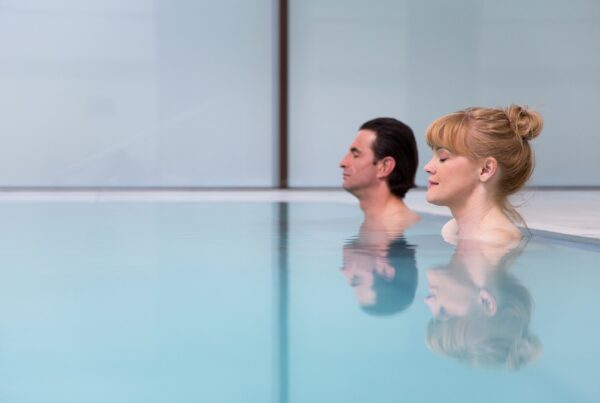Travel can be fun, but you often need to look beyond the obvious lists of the same six countries and cities to visit. There’s so much more out there than that! Here are some great tips on how to find a memorable place to travel to.
Think Your Travel Budget Out Before You Do Anything Else
Do you want to save money, or are you willing to spend a lot on vacation? If your budget is tight, there are endless articles about travel to interesting places around the world. Take for instance, small islands in South America and Central America
However, if your budget is more significant, so are your horizons.
There are tons of unique experiences you can enjoy on a larger budget, from staying in an ice castle to getting to know a community that lives entirely on top of the water. Consider what you can afford, and branch out from there.
Consider Foods You Love
If you don’t know where to start and enjoy foods that aren’t classic Americana, there’s an answer for you there.
You can find a city that’s well known for almost any dish, even if it’s basic like fried chicken: some cities in South Korea have what’s been named the best-fried chicken in the world. Don’t be shy about being a food tourist!
Dart At A Map
This method is the top way to find an area you don’t expect. You can take the literal dart-at-a-map approach, or you can do things like randomize Wikipedia articles until you find a town that sounds interesting or use a site like MapCrunch to show you a different city every time you try.
This method can be dangerous if you’re not careful, so take the time to research every area before you commit to visiting it thoroughly. Although it’s fun to get to know a new place, you need to keep your safety in mind.
Look For Little Cities Outside Big Popular Ones
Sometimes the best-hidden gems are hidden by the shine of bigger ones. Planning a trip to the Pac fic Northwest but you haven’t decided on where to go? We recommend you visit Portland. The largest city in the state of Oregon is not just a must-visit for its beautiful parks, waterfalls and mountains. It is also a food destination for its amazing brunch plates that will titillate your taste buds, for sure.
Travel Tip: When you are there make sure you fit into your itinerary a Portland Oregon brunch. This city is truly a gastronomic destination.
Find places outside major cities to travel to
This can work if you want to take a break from your workload and sneak out to enjoy a weekend in the tiny mountain paradise of Boone instead.
This is best, especially for locals who have ideas on where to go. Some areas might surprise you, like getting out from Detroit to enjoy mini-shop fun central in Royal Oak, just ten minutes away. These tinier towns have fewer tourists, and allow you to stay in the same general area to enjoy the city if you want to.
Ask For References From Friends
Even if your friends don’t travel much, they may know someone who does! Ask around for anyone who’s traveled and has a reference for you. This method can be 50/50 since most people travel to the same areas.
Still, every once in a while, you’ll find out about a great little community on the upper peninsula of Michigan or a small town famous for jams and desserts in California. Write down every reference you get, and eventually, you might find gold.
Travel Tip: Ask well traveled colleagues and friends to share their top news sources. Like this one from Forbes: Bucket List Travel.The Top 50 Places in the World
What about COVID-19 Travel Restrictions?
According to the Mayo Clinic, wide-spread vaccination holds promise for ending the coronavirus disease 2019 (COVID-19) pandemic. But it won’t happen overnight.
“However, in the meantime, continue taking precautions to protect yourself and others if you must travel. If you’re fully vaccinated, you’re less likely to get and spread COVID-19. However, international travel can still increase your risk of getting new COVID-19 variants.”
Mayo Clinic’s Top Tips
Check local requirements, restrictions and situations
Some state, local and territorial governments have requirements. These include people to wear masks or get tested, and requiring those who recently traveled to stay home for up to 14 days. Save yourself unpleasant surprises and delays by checking for restrictions at your destination and anywhere you might stop along the way.
Keep in mind that restrictions can change rapidly depending on local conditions. It’s also important to keep in mind the COVID-19 situation, such as the level of spread and presence of variants, varies in each country. Check back for updates as your trip gets closer.
Travel and testing
For vaccinated people
If you have been fully vaccinated, the CDC states that you do not need to get tested before or after your trip within the U.S. or quarantine after you return.
If you’re planning to travel internationally outside the U.S., the CDC states you don’t need to get tested before your trip unless it’s required at your destination. Before arriving to the U.S., you need a negative test within the last three days before your arrival or documentation of recovery from COVID-19 in the last three months.
Plan to get tested three to five days after your trip. You don’t need to quarantine when you return home. But check for any symptoms and stay at home if you develop symptoms.
You must check the COVID-19 travel requirements per country as these will differ!
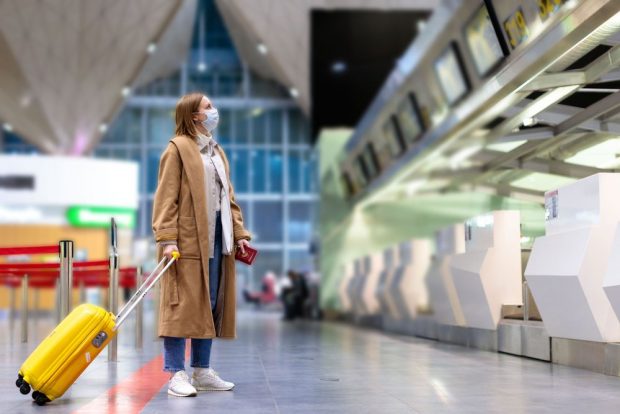
DimaBerlin/Shutterstock
For unvaccinated people
Testing before and after travel can reduce the risk of spreading COVID-19. If you haven’t been vaccinated, the CDC recommends getting tested with a viral test one to three days before your trip. Delay travel if you’re waiting for test results. Keep a copy of your results with you when you travel.
Repeat the test three to five days after your trip. Even if you test negative, reduce nonessential activities for seven days. If you don’t get tested, reduce nonessential activities for 10 days.
If at any point you test positive, stay home. Immediately isolate yourself if you develop symptoms and follow public health recommendations.
Remember safety first
The Mayo Clinic explains:
“Even the best-laid plans may need to be set aside when illness strikes. Stay home if any of your travel companions or you:
- Are sick or think you have COVID-19 even if you don’t have symptoms
- Are waiting for results of a COVID-19 viral test
- Have been diagnosed with COVID-19 even if you don’t have symptoms
- Have been around someone with suspected or diagnosed COVID-19 in the past 14 days even if that person didn’t have symptoms”
Read more on travel
Want to travel to a beautiful island in the Indian Ocean. Then take a look at what Chole Island has to offer. This is truly a unique travel desitniation:
Finding Calm On Chole Mjini, Chole Island
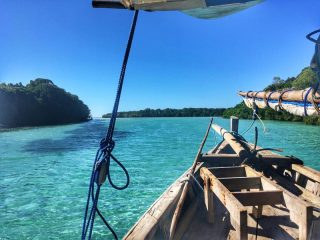


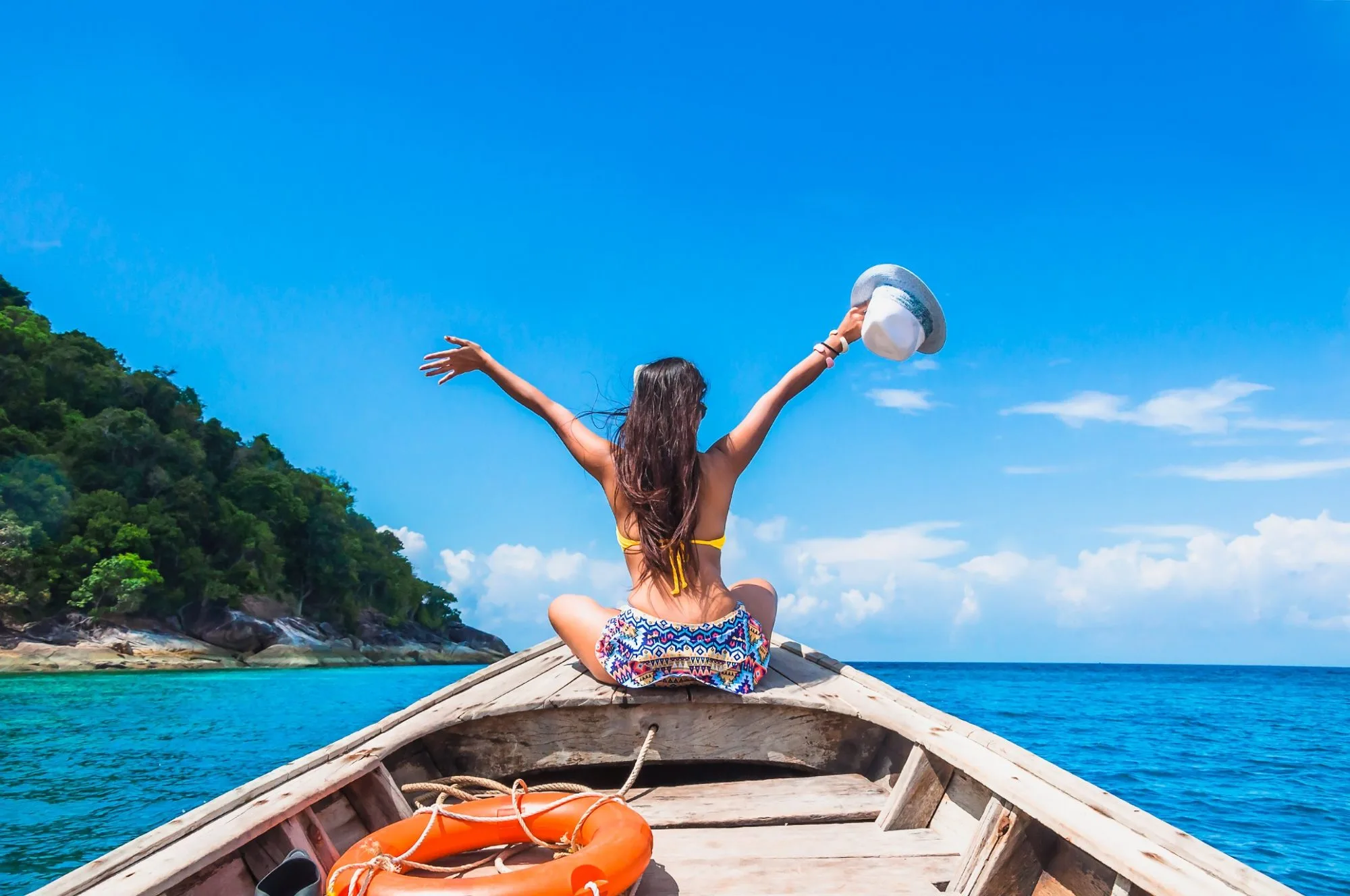
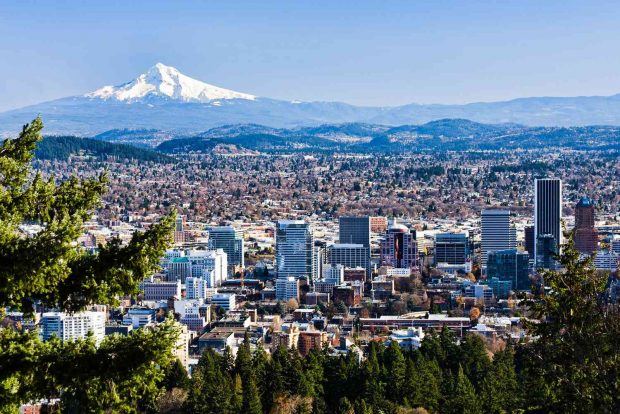
![women [longevity live]](https://longevitylive.com/wp-content/uploads/2020/01/photo-of-women-walking-down-the-street-1116984-100x100.jpg)





